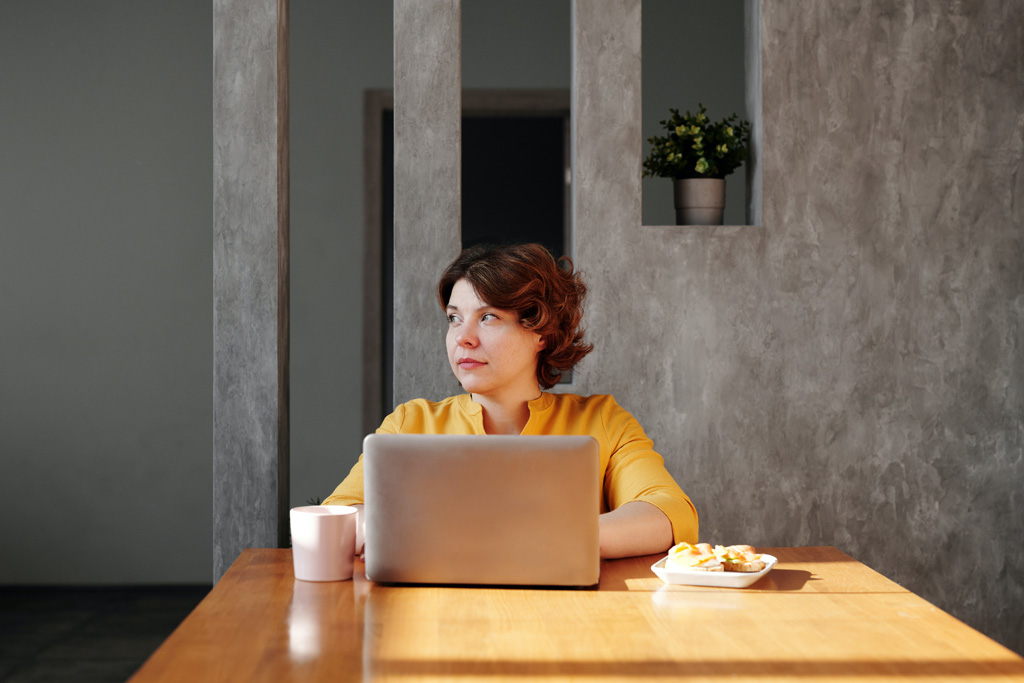
There’s no doubt about it; we’re experiencing some very strange and uncertain times at the moment. Staying indoors and practicing social distancing and social isolation has become the new normal. As social creatures, this can have a huge impact on our mental health. That’s why we asked Majda Rogers, an Integrative Psychotherapist, how to look after our mental health during lockdown.
Now that the UK is in lock down, many of us will be spending the majority of the time at home. Many of the new government measures are unprecedented and have drastically affected the way we live our lives. While we adjust to these significant changes, such as self-isolation and social distancing, it is important to be aware of the psychological impact that the current crisis can have. Many people may experience anxiety and worry for instance, as uncertainty around the pandemic grows, or low mood due to the restrictions around social contact. So how can we manage our mental health and wellbeing during this time and beyond? Here are some suggestions to bear in mind as well as some practical tips that can help to foster some aspect of normalcy in these uncertain times.
Establish a Routine
- Try to wake up and get ready as you normally would and wear clothes that you wouldn’t mind being seen in publicly if you are having to have video calls for work (e.g. skype). This will make you feel more ready for the day and more confident. Waking up early can also help maintain good sleeping patterns
- Try to schedule in breaks/lunch into your routine and make sure you take them. When we are working from home, it can become easy to lose track of time and get caught up in tasks. You may need to set an alarm for each break as a reminder!
- If you are working from home, find a designated work space that you can use regularly. Try to avoid working in your bedroom if you can. Your bed should be a place that fosters downtime and sleep; your brain can begin to associate your bed with work, which can make it difficult to fall asleep
Talk & Connect With Others
- Loneliness and disconnection are common if you are having to self-isolate. Maintain communication with your partner, friends or family and have regular contact with them
- If you are working from home, arrange calls with colleagues. You can have a call over tea/coffee or you can have lunch together; work is a social space for many of us and so it will be important to try and recreate and sustain a sense of connectedness while working away from others
- Think about ways you can help others during this time e.g. becoming involved in your local community
Keep Your Mind / Body Stimulated
- Use the new found time as an opportunity to try something new. You might want to start an online course or read those books you never had time to. This can feel like small accomplishments that keep you motivated and help manage your mood
- Be creative-this can be anything from cooking something new, to picking up some pens and drawing
- Include some form of exercise in your day and do at least one active thing each day. You might like to take a walk or run outside. If you’d rather stay home, see if there is a work out or dance routine you can try online (e.g. YouTube)
And Breathe…
- Mindfulness has been shown to help manage stress and anxiety. There are some common apps like Headspace or Calm, or you can try an online video to practice some techniques
- Have downtime where you allow yourself to switch off and relax. You may choose to do this in the evening or at another time that works for you. Try to create moments for yourself such as taking a hot bath or listening to music, that allow your mind to rest
- If you feel a spike in your anxiety or panic, focus your attention on your breathing and take ten deep, slow breaths. It is understandable to feel anxious at this time, so try to reassure yourself that this too shall pass.
Majda Rogers is a Psychologist and Psychotherapist working in student mental health and private practice.
She is currently offering free psychological support to NHS front-line workers and over 65s
www.mbrogerstherapy.com
Twitter: @MajdaRogers